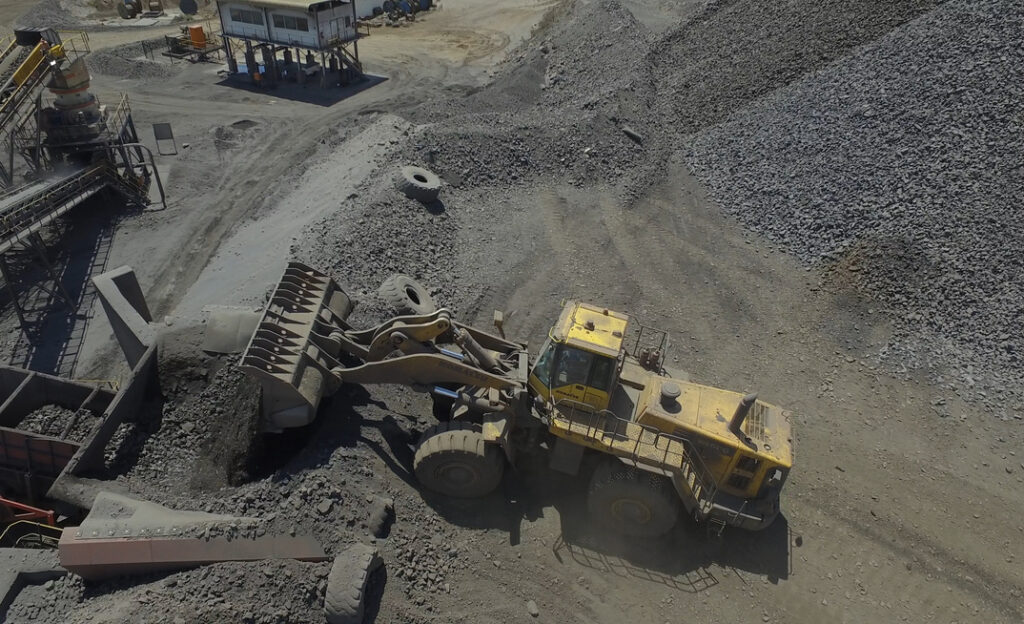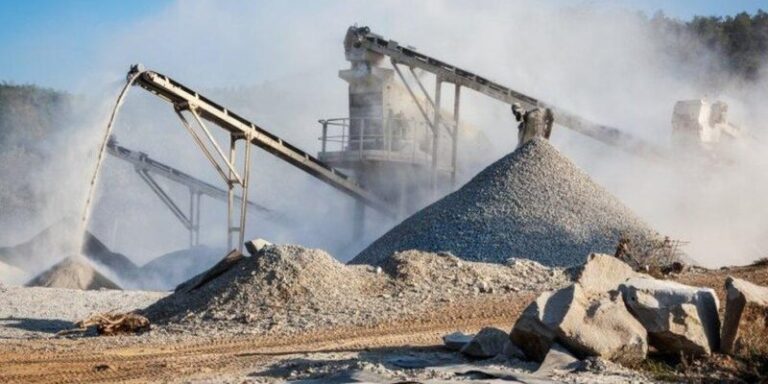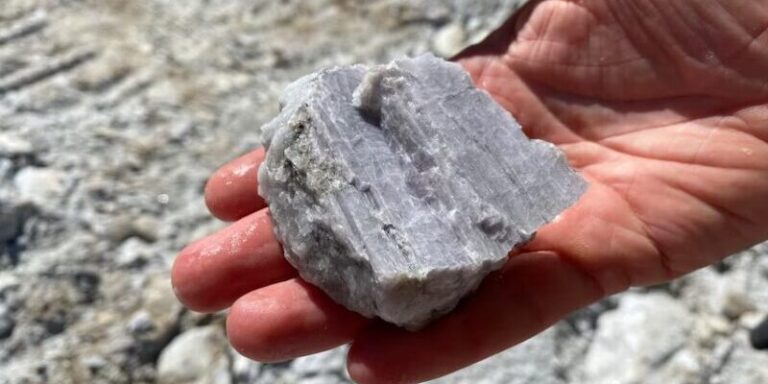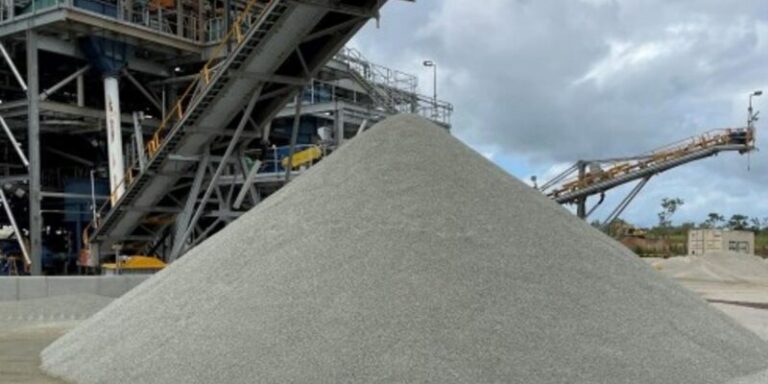
Jupiter Mines continues to advance its environmental, social, and governance (ESG) initiatives at the Tshipi manganese mine in South Africa, which it co-owns with Ntsimbintle Mining.
Jupiter CEO and Managing Director Brad Rogers emphasized that for Jupiter, ESG is about genuine sustainability and credible actions that build on the great work already underway at Tshipi.
ESG is becoming increasingly important to stakeholders, including employees, customers, and investors. Jupiter is prioritizing initiatives that offer both ESG benefits and financial returns.
In April, the company released its inaugural sustainability report, detailing achievements over the past year.
These include dust monitoring, soil repurposing, expanding water catchment capacity, and plans to install solar power at Tshipi to reduce emissions.
Rogers noted that while the company and the mine are already ethical and sustainable, they are now more transparent and communicative about their ESG efforts.
Tshipi CEO Ezekiel Lotlhare highlighted the mine’s commitment to reducing greenhouse gas emissions and advancing dust and clean water monitoring programs. He emphasized the importance of managing emissions that impact the environment effectively.
Lotlhare also mentioned improvements to the conveyor system to replace articulated dump trucks, as well as enhanced fleet management and transport strategies to ensure energy efficiency.
He stressed the importance of continuous improvement, particularly in green energy, to lead in ESG within the mining industry.
One immediate effort involves installing load cells on loaders to ensure trucks are filled to maximum capacity and used efficiently.
Tshipi’s corporate affairs head, Mpho Sadiki, highlighted the importance of health, safety, and wellbeing. The company has introduced wellness strategies to enhance employees’ capabilities and help them proactively manage their health.
Preventative healthcare support includes spiritual, mental, and physical wellbeing, with a healthcare facility on-site for emergencies and chronic healthcare management.
“We know that when they are well, they bring their wholeness to work,” Sadiki added.
Tshipi also focuses on empowering surrounding communities through its broad-based black economic empowerment program, social labor plan, and mining charter program.
Sadiki explained that Tshipi ensures a pipeline of local talent and supports local businesses through procurement opportunities. The company addresses primary social challenges in the community, aiming for positive impacts.
Additionally, Tshipi prioritizes diversity in its board, management, and workforce through an employment equity policy, board skill enhancement initiatives, and a women-in-mining program.
Rogers stated that these initiatives ensure the mine’s management reflects the local community’s composition, providing opportunities for previously disadvantaged people and women in South Africa.
Value generation remains central to Tshipi’s mission. The mine is refining supplier partnerships and managing risks to strengthen its investment strategies.
Jupiter and Tshipi will continue to advance stakeholder relationships, refine processes, and plan sustainably for the future, Rogers said.
As one of the world’s largest manganese mines, Tshipi has generated significant value. Jupiter aims to replicate this success by acquiring other manganese mines in South Africa, benefiting local communities.
The company also plans to upgrade its manganese ore to electric vehicle battery-grade manganese, creating additional value.
“We have a rare and blessed endowment of manganese that will last a long time. We will be in the community for a long time, so it’s a great opportunity to use that value not only to improve shareholder wealth but also to give back to the community,” Rogers concluded.






